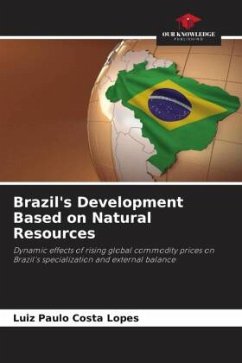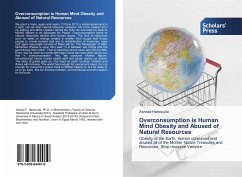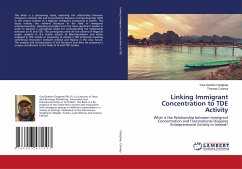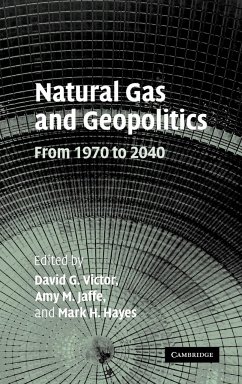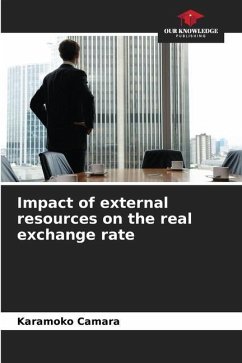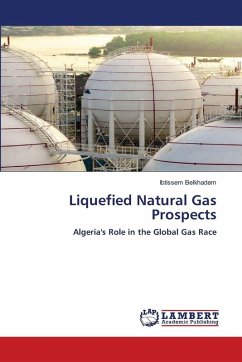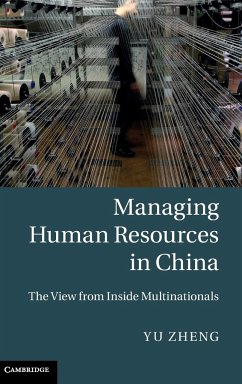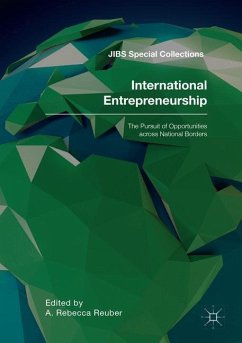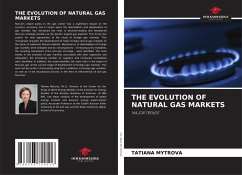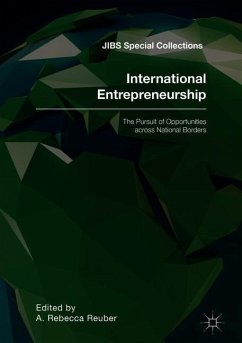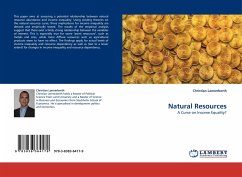
Natural Resources
A Curse on Income Equality?
Versandkostenfrei!
Versandfertig in 6-10 Tagen
32,99 €
inkl. MwSt.

PAYBACK Punkte
16 °P sammeln!
This paper aims at assessing a potential relationship between natural resource abundance and income inequality. Using existing theories on the natural resource curse, three implications for income inequality are derived and empirically tested. The results of the empirical analysis suggest that there exist a fairly strong relationship between the variables of interest. This is especially true for some "point resources", such as metals and ores, while more diffuse resources such as agricultural products seem to have no effect. The findings apply for actual levels of income inequality and resourc...
This paper aims at assessing a potential relationship between natural resource abundance and income inequality. Using existing theories on the natural resource curse, three implications for income inequality are derived and empirically tested. The results of the empirical analysis suggest that there exist a fairly strong relationship between the variables of interest. This is especially true for some "point resources", such as metals and ores, while more diffuse resources such as agricultural products seem to have no effect. The findings apply for actual levels of income inequality and resource dependency as well as (but to a lesser extent) for changes in income inequality and resource dependency.



